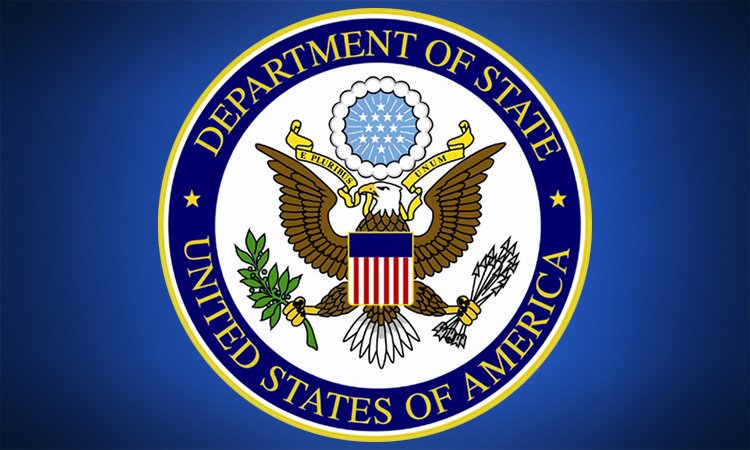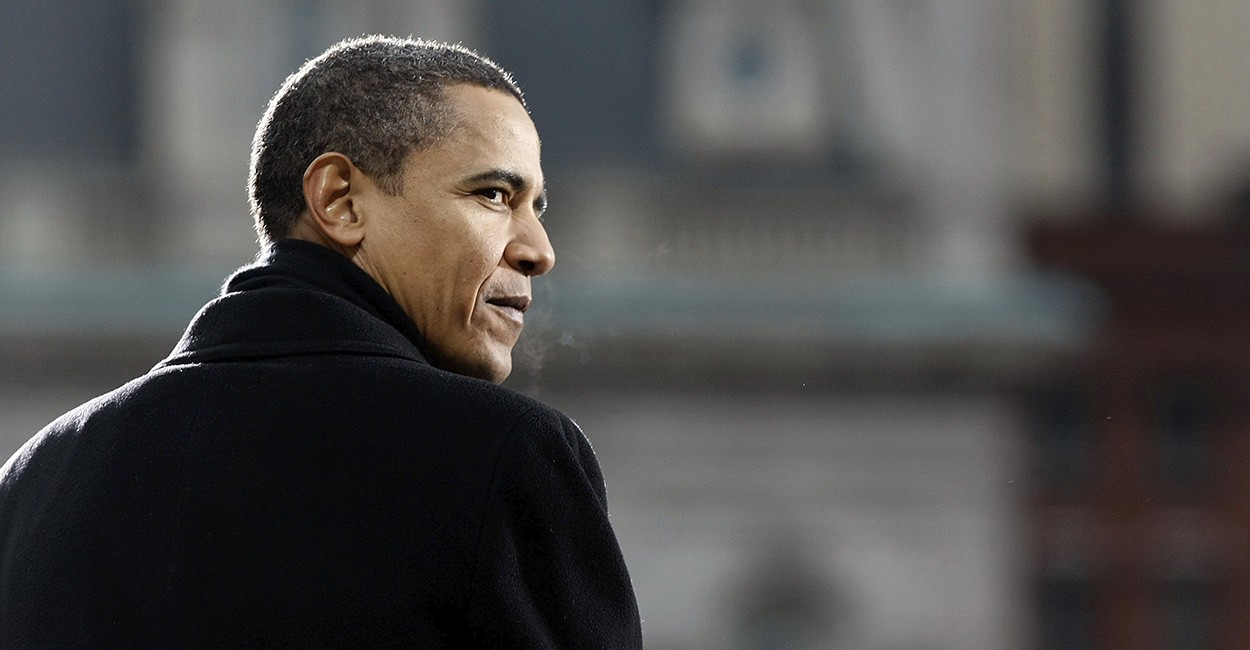By: Andrew Roberts
With fewer car and in-home radios in use, it is no surprise that programming, music, and news have jumped off the sinking ship that is traditional radio onto the safer shores of HD radio, social media, iTunes, and the Internet. The radio – what was once the central focal point of early-20th century American homes – is rapidly becoming an antiquated appliance in the digital age.
Despite these challenges, National Public Radio (NPR), a publicly and privately funded organization that broadcasts news, music, and cultural media, has stood strong against the tide of new programming options. NPR produces a wide-variety of unique programs that allow it to stay afloat despite its worn-down vessel. Look at the show Car Talk, a recently ended program featuring hosts Click and Clack whose wisecracking car-repair advice attracted listeners every week for decades. Or take the program Morning Edition, a daily news-journal with current events and special features on the sciences and culture. To name a few others, NPR is also well known for renowned radio shows such as Wait, Wait…Don’t Tell Me!, All Things Considered, and Fresh Air. NPR also partners with Public Radio International (PRI) and American Public Media (APM) to broadcast even mo
re distinctive programs to a greater public radio audience. The best example of this is A Prairie Home Companion, a live radio show hosted by Garrison Keillor, a modern storyteller, whose smooth soft-spoken voice attracts 4.3 million listeners each week. The variety show features Midwest folk music, dry-humored sketches, and is best known for Keillor’s weekly monologue “The News from Lake Wobegon,” in which Keillor spins a recurring tale about a made-up town, filled with quirky made-up people and their insightful made-up stories. Unique and interesting radio shows like these have helped keep NPR breathing as the flood of new technology rises.
NPR’s “special brand” of radio shows is of course not the only thing that has allowed it to overcome the challenges traditional radio broadcasting now faces. In fact, NPR has embraced new media in a number of ways. NPR posts many of its stories and cultural programs online in text and audio form, masters social networking sites such as Twitter and Facebook, and utilizes podcasts to allow listeners to subscribe on the go. Planet Money, a witty show that makes economics simple and enjoyable, was started as a podcast to create a different audience base than just radio listeners. The NPR smartphone app allows users to read news stories, listen to music, and stream live feeds from public radio stations across the nation.
As if the threat of losing the “R” in NPR was not bad enough, there are a couple other solvency issues NPR must face if it wants to move forward. As President Obama jokingly said as he looked towards the NPR table at the 2011 White House Correspondents’ Dinner “You guys are still here…Personally, I was looking forward to new programming like No Things Considered and Wait Wait…Don’t Fund Me!” Obama was light-heartedly referring to a 2011 Republican plan to cut spending, which would have included ending federal funds for NPR. According to the Corporation for Public Broadcasting, funds from the government amount to .014 percent of the federal budget, a drop in the bucket compared to other areas of spending. NPR argues on its site that “elimination of federal funding would result in fewer programs, less journalism – especially local journalism – and eventually the loss of public radio stations, particularly in rural and economically distressed communities.” Although this budget did not pass, NPR will likely remain a target in future fiscal fights. And yes, this means that the “P” in NPR is also at risk.
The greatest storm NPR has to brave is directly associated with a phrase that every public radio junkie hates: pledge drive. Normally twice per year, local public radio stations hold pledge drives when they ask listeners to contribute to their station. NPR received 39 percent of its revenue from individuals in 2010 and relies heavily on their support. The dilemma with public radio fundraising is that it exemplifies the free rider problem: individual listeners know that they can continue to listen for free without contributing. In fact, social scientist and economist Dr. Mancur Olson argues in The Logic of Collective Action (1965) that in large groups, such as NPR listeners, there is no innate propensity to contribute. Although he has been criticized for this theory because some large groups do in fact cooperate, this problem of free riding is still prevalent in NPR’s listener base. When the pledge drive arrives, NPR often must incentivize contributions with giveaways and raffles. Many listeners gripe about the week of fundraising, yet fortunately people normally contribute enough to meet their goals, whether it be because of the incentives, guilt, or the pure intrinsic reward of contributing to something they value.
Here in Athens, public radio stations WUGA and WUOG – the former supported by NPR and the latter supported largely through student volunteers – often struggle with the same issues that other stations face and likely do so with greater difficulty. For WUGA, this is due to the high poverty rate of surrounding Clarke County, which often prevents individuals from donating to the local station. College radio as a whole is in danger as it faces funding challenges, but WUOG is doing quite well as it receives a modest budget and a recording studio in Tate Center from the University of Georgia.
The future for NPR is not clear, and there are still storms it must sail through. Until the day that NPR sinks, however, Garrison Keillor will continue to tell the short-stories of Lake Wobegon, re-runs of Click and Clack mocking their own auto repair advice will stay on the air, and millions of Americans will commute each morning as they listen to the soft, yet powerful words of Morning Edition.

